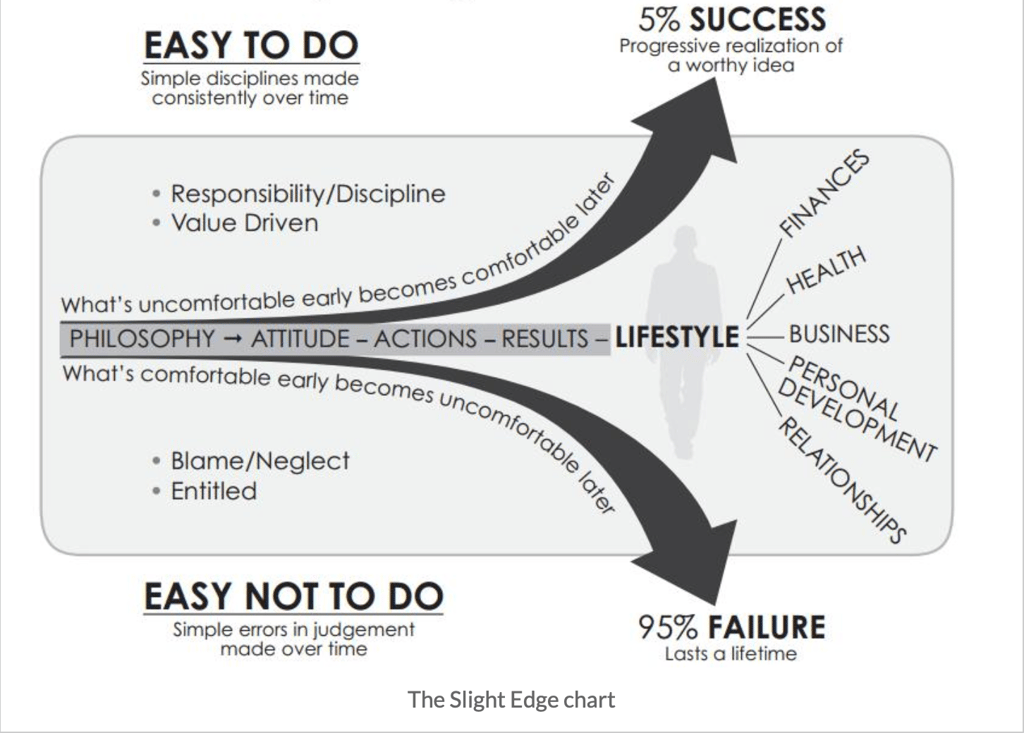submit interest for our programs and Events spaces are limited...
REGISTER FOR an experience that will last a lifetime! 365 Together we thrive!!
Balancing Success and Instant Gratification Part 2: Helping Kids Embrace the Journey
This article further explores the current phenomenon of instant gratification, the implications, and the need to prepare our children for a realistic life experience.
Cassandra Olivier
10/7/20256 min read


Grooming for Success or Setting Up for Stress? The Parent's Dilemma
Have you ever felt that whisper of panic when your child slams their laptop because a task isn't instantly rewarding? That moment when the small setback leads to a loud, disproportionate meltdown? You see their potential, yet you witness their emotional ceiling crack under the pressure of having to wait.
In today's fast-paced world, we—parents, educators, and community leaders—are all wrestling with a crucial question: Are we truly nurturing the deep roots for lasting success, or are we accidentally creating an expectation for immediate gratification that simply isn't realistic?
It’s a subtle but powerful difference, and it impacts everything from their mental well-being to their future career paths. Let’s dive into how the modern world sets this tricky trap and how we can re-center our focus on sustainable, long-term growth.
The Pressure Cooker: Chasing the Perfect Finish Line
We love our kids fiercely, and we want them to have the best. This often translates into intense pressure: near perfect grades, packed schedules full of advanced sports and music lessons, and a constant push to be "college-ready" before they even hit high school.
The intention is noble—we are trying to groom them for success. But in our quest to create a robust resume, we might actually be creating a brittle emotional foundation. Think of it as forcing a plant to fruit before its roots are deep enough to sustain the weight.
The message often received is: "If it isn't perfect, it's a failure. If I have to try more than once, I'm not smart enough."
This focus on the outcome (the trophy, the acceptance letter) rather than the process (the effort, the learning, the failure) breeds severe anxiety, often manifesting as paralyzing fear of failure. When the process is difficult—which real growth always is—they quickly conclude, "This isn't working," and look for the fastest exit. Burnout becomes a common experience, not a rare one. We are essentially teaching them that their worth is conditional upon external validation and immediate high performance.
This drive for guaranteed external validation is often reinforced in youth competitions. Consider the phenomenon of "everyone gets a trophy." While rooted in good intentions to protect feelings, this practice inadvertently shifts the focus from acknowledging effort and participation to guaranteeing a winning outcome. When children are handed a reward regardless of placement (instead of the traditional 1st, 2nd, and 3rd place trophies with a participation ribbon for all others), they are subconsciously trained to believe that every endeavor must yield a prize. This sets a dangerous precedent: if they aren't achieving the perceived "win" (the trophy, the top score, the immediate success) in their real lives, they conclude the entire experience is a loss, thus fueling the fear of failure we desperately want to avoid.
Intriguing Moment: If you only celebrate the "A," how will they learn to value the persistence and mental grit it took to turn a frustrating "D" into an eventual "B"? We must learn to cheer for the effort, not just the score.
The Gratification Trap: Why Wait for Anything?
Our kids are digital natives in a world built on speed, where the friction of daily life has been meticulously engineered out:
A movie or show is instantly available on demand.
Food delivery arrives in 30 minutes.
Any piece of information is found in two seconds via a search engine.
This constant, instantaneous reward loop trains the brain to expect quick feedback and results. We, as adults and mentors, often reinforce this loop without realizing it. By rushing to solve their problems, completing their chores when they get frustrated, or even finishing their sentences, we protect them from momentary discomfort. We are, unintentionally, robbing them of the opportunity to develop crucial coping mechanisms.
We saw this dynamic recently: a participant questioned the trophy, an inquiry reinforced by their parent, who then followed up to ask, "When do I get the stipend for the job?"
The truth is, career success relies on a process—a strategic learning period designed to prepare participants for navigating workplace interactions, building career readiness, and exploring professional connections. The stipend, or the job itself, is the trophy of putting in the work. These internships with 365 We Thrive are structured to ensure participants land that trophy, provided they stay the course and embrace the grooming. This haste to get the prize does not teach realistic or sustainable growth.
When these young adults inevitably encounter real-life challenges—like building a business, securing a competitive job, mastering a complex STEM concept, or completing a degree program—that require months or years of patient, sometimes frustrating effort, their internal systems scream, "Error! This is too slow! Skip ahead!"
This is where the danger of unrealistic expectations lies. They are not learning to be unsuccessful; they are learning to be impatient with the very struggle that creates true competence and resilience. They haven't built up what we call The Failure Vaccine—a tolerance for setbacks developed through small, manageable doses of struggle. In essence, it's perseverance.
The Shift: Investing in the Process, Not the Product
The true antidote to the instant gratification mindset is teaching the value of effort, collaboration, and resilience as core skills. This means showing them that the journey—the failures, the revisions, the late nights spent learning, the climb after the fall, and the need to ask for help—is the true foundation of sustainable success.
At 365 We Thrive, we don't just talk about these values; we build programs around them to set real-life expectations, training our youth against the urge to quit at the first sign of difficulty. We focus on grooming youth for success by teaching them the tools for the long game through our four core pillars:
BeWell: We equip them with the emotional regulation and stress management skills (The Science of Stress, Managing Change & Growth) needed to handle the pressure and anxiety that come with setbacks—the ultimate resilience training.
Entrepreneur Incubator: We teach financial literacy and business planning (The Science of Profit, Business Plan & Final Review), showing them that wealth and success are built step-by-step through iterative design, not overnight.
Career Explore: We give them the professional skills (Mock Interviews, Mentorship & Professional Networking) to confidently navigate the real world, where you rarely get the job or the promotion on the first try.
Project Community: We empower them to be agents of change (Advocating for Change, Data for Good), demonstrating that community development and social innovation take long-term commitment and integrity.
By focusing on process over product, we are not just preparing them for a job; we are preparing them for a life where they understand that meaningful achievements require delayed gratification, dedication, and the ability to pivot after a failure. It's time to normalize the struggle and celebrate the grit.
This focus is how we foster future leaders committed to our seven core values: Integrity, Empowerment, Community, Sustainability, Equity, Innovation, Development (I-ECSEID). I-ECSEID IS I EXCEED!
Five Steps to Cultivate Grit (and Ditch the Trophy Mindset)
To actively change the narrative in your own home and community, focus on these five steps that shift the value from the prize to the persistence:
Re-Orient Praise: Instead of saying, "Great job winning!" say, "I am so proud of how you handled the loss and shook the opponent's hand," or "Your focus during those last five minutes showed real character." Focus praise on behavior and effort, not outcome.
Model Delayed Gratification: Start small. Have them save for a coveted item rather than buying it immediately. When they complain about a difficult task, frame it as a "long-term achievement blueprint," showing them that complexity requires time.
Implement the "Three Try" Rule: When faced with a challenge (a puzzle, a broken toy, a tough homework problem), encourage them to try at least three different approaches before asking for help. This trains the brain to seek solutions independently.
Redefine Winning: In sports and competitions, redefine "winning" as setting and achieving a Personal Record (PR), mastering a new skill, or demonstrating exceptional teamwork. The "win" becomes internal, not external.
Share Your Failures Loudly: Openly discuss a professional setback, a recipe flop, or a fitness goal you missed. When you share the steps you took after the failure to recover, you give your child permission to struggle and the roadmap for rising.
Join the Movement! Let's Build the Roots to Rise
If you believe, like we do, that our kids deserve to be coached on resilience and process rather than just chasing quick wins, then join our community and help us shift the cultural narrative! Support the long-term growth of youth and young adults by following 365 We Thrive, sharing a link to this article, and sharing our mission with your network.
Explore our youth and adult programs and learn more about our four pillars at our website!
Follow, Like, and Share us on all social media platforms to help us elevate more communities.
Together, we can shift the narrative from instant gratification, create foundational growth, and forge a future of lasting impact.
365 Together We Thrive!
Elevate Youth
365 Together We Thrive !
Come along on the journey as we inspire youth leaders and shape communities that thrive.
365 We THrive NFP
THrive news
info@365wethriveinc.org
773-234-4456
© 2025. All rights reserved.
5113 S. Harper Ave
Chicago, IL 60615
365 We Thrive NFP is a 501(c)(3) charitable organization. Donations are tax-deductible to the extent allowed by law.
